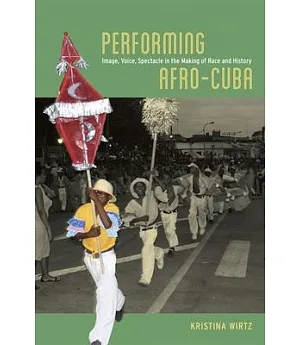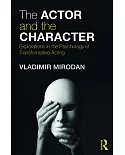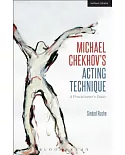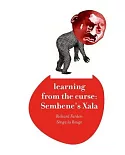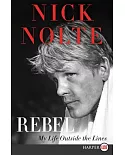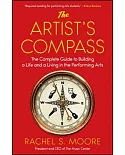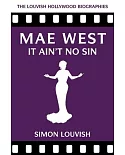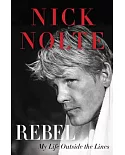The present work articulates a very specific problematic—the ever-presence in Cuba of the figure of the authentic African, making appearances in restaurants, art galleries, folklore shows,
everyday discourses, state propaganda, during Carnaval and, most interestingly, also in “actual” spirit-possession performances. Wirtz argues that the figure of the traditional Afro-Cuban,
typically characterized by a combination of rusticity, sincerity, and spirit-power, has a long pedigree, beginning in the time of Cervantes. She picks up the trope where it is launched in a
particularly Spanish and then Cuban style, which emphasizes the force of the colonial process in the creation of even anti-colonial national narratives. After introducing key concepts of
temporality, emplacement, memory, voicing, and imagery, Wirtz gives an account of the nature of race as a sign that is always in process–a sign whose meaning shifts with context, even as
racial categories are made to seem immutable. She then investigates how Blackness has become an essential marker of “folk” performances in Cuba and how communities as well as the government
mobilize folklore for local and national political purposes, paying careful attention to the tension between them. The result is something called “inclusionary exclusion”—the strange
situation of Cuba’s national identity being tightly tethered to the very Africanness it tries so hard to distance itself from, as “the past.” Wirtz also offers concluding thoughts on the
future of Cuban racial politics as issues of racism finally seem to be receiving consideration in officially-sanctioned public discourse.

